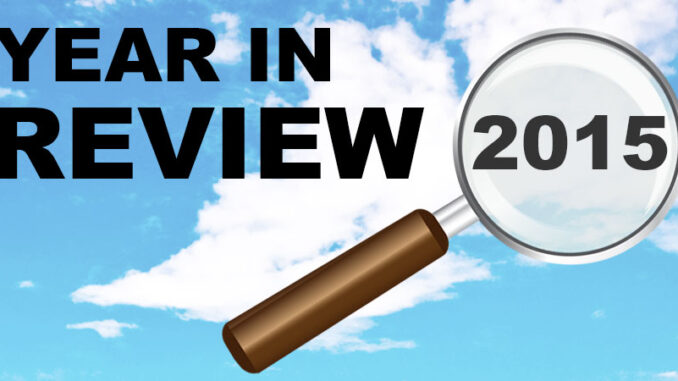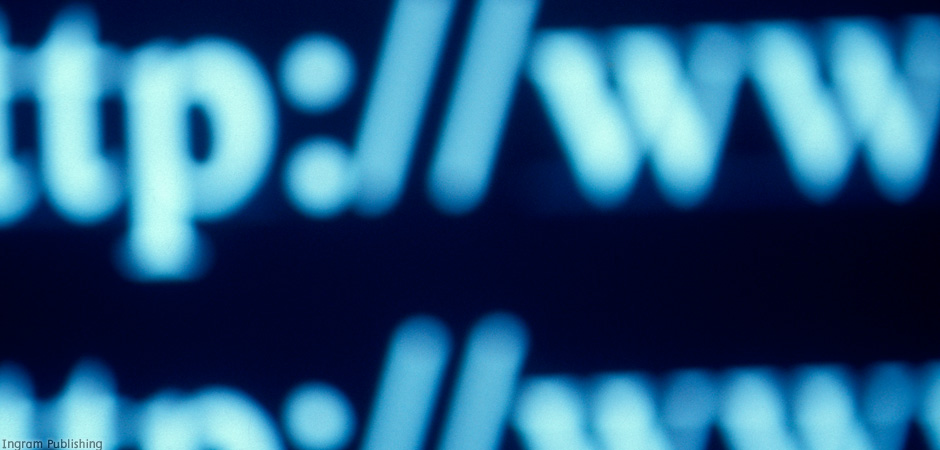

As we close the page on another year, btw brings you its traditional year-end look at what took place as the world took another spin. Last week, we brought you an overview of events that took place around the world. This week, we take a look at the world of science and technology.
Disease and Medicine
In 2014, the Ebola outbreak in West Africa was a big news story. By the end of 2015, however, both Liberia and Sierra Leone declared themselves Ebola-free. Additionally, the World Health Organization (WHO) announced the creation of a new Ebola vaccination program. In other vaccination news, a resurgence of measles (once considered “eliminated”) intensified the debate over how to best deal with the growing number of parents opting out of having their children vaccinated. After an outbreak at Disneyland, California passed new legislature.
Gadgets
While we are continually surrounded by gadgets that make our lives better, the development of such devices hit a few snags this year. Google stopped production on its wearable technology called Google Glass. Roomba, the company that brought us the robotic vacuum, faced challenges in moving that technology outside. Inexpensive-brand hoverboards reportedly caused a number of malfunctions and injuries. People are divided about the new heads-up displays on vehicles. Consumers remain hopeful about the idea of an iCar in the future, but not without weighing some ethical considerations.
Technological Advances
At the beginning the year, President Obama announced the hope for a reenergized space program. The Planetary Society responded with the creation and successful launch of the LightSail, technology that could harness the energy of the sun. NASA announced its first-ever Twins Study. Net Neutrality made our pages three times in 2015: here, here and here. Meanwhile, researchers around the world were busy finding ways to make the world a better place: by using rats to safely locate and dismantle landmines, by teaching toddlers to how to code, and using human “super-recognizers” to help out when technology fails. Finally, the city of London implemented hybrid technology in its Underground subway system,
Food
Our look at what we eat and the ways we do it was widely varied this year. Controversy was at the heart of these stories, as American cheese (a highly processed foodstuff) was labeled “healthy” by the Academy of Nutrition and Dietetics and the US Food and Drug Administration (FDA) approved the practice of genetically modifying salmon. On a positive note, math=enthusiasts everywhere celebrated their favorite numerical value with their favorite dessert by having pie on Pi Day (3/14).
